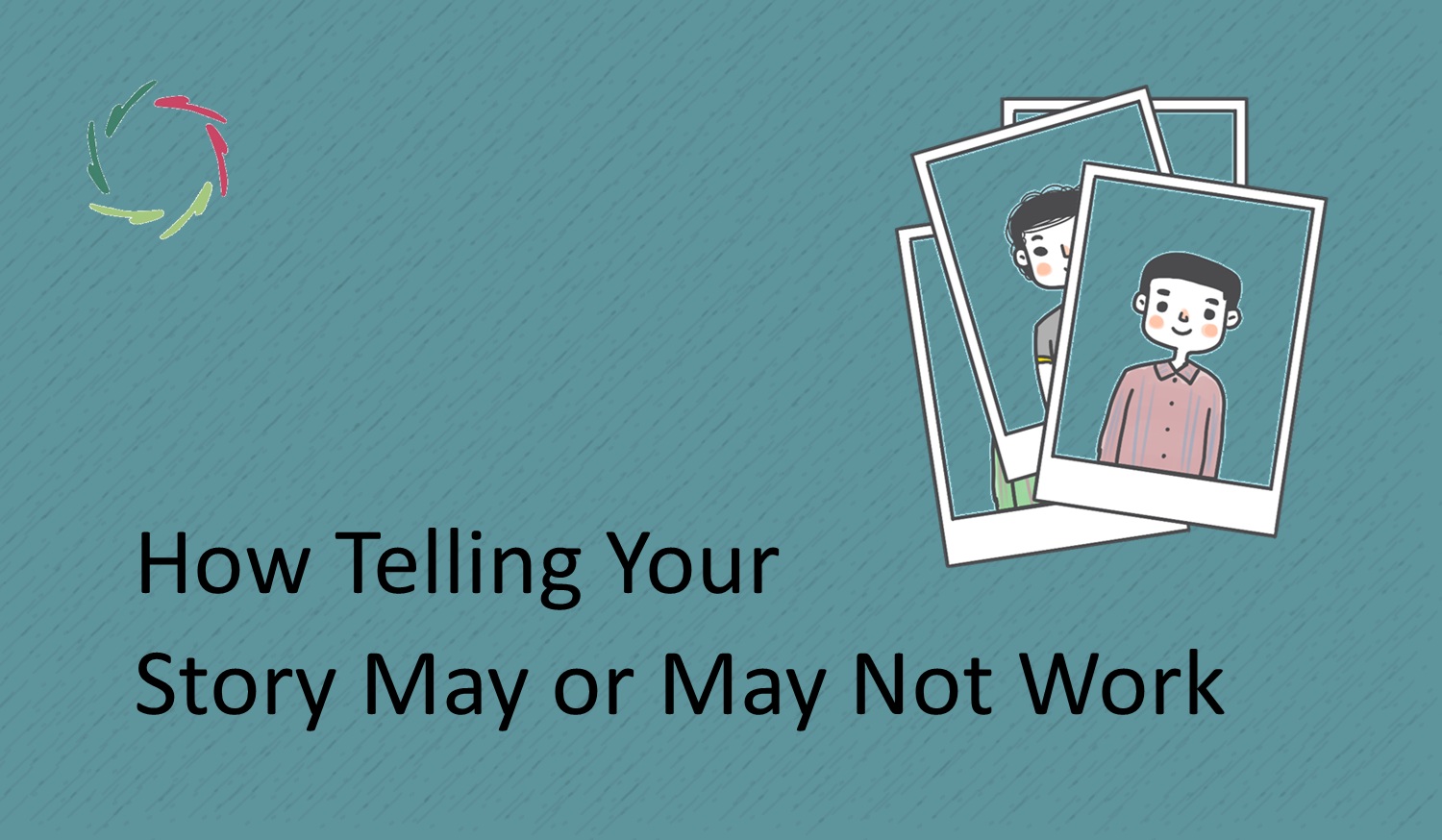AURELIS Coaching Attitude

An attitude can be dispersed over the population. That may be better than reserving some specific expertise for some particular experts. Coaches will still be needed, but with a different source and aim.
What is this attitude?
An attitude may sound like it’s simple. It is not. You may read about it in many blogs, especially in the category ‘AURELIS syllabus.’
AURELIS coaching is NOT based on a set of techniques reserved for some happy few who are specifically trained to apply these techniques to the mentally ill and make these healthy again.
AURELIS coaching is like Compassion. It shouldn’t be reserved, but open to everyone. That said, there are, of course, differences between individuals who are to a higher or lower degree bent on a Compassionate attitude.
AURELIS coaching techniques
The aim of AURELIS coaching techniques is directed towards the coach in an attempt to heighten the empathy and Compassion of that coach himself as the instrument towards the coachee. [see: “Growing towards AURELIS Coach”]
Even so, the attitude comes before the techniques. This is, without the attitude, it is hard to fathom that someone can fathom the techniques. Their superficial shells – much easier to fathom – are not the intention. In other words, they can only be taught and caught in-depth.
Everyone may need support in bringing more Compassion into their own life and towards their own environment. There is not one technique in the set of AURELIS coaching techniques that should be guarded and kept for professionals. It is no medicine nor a method of psychotherapy that needs several years of conceptual training.
Instead of this, it needs a lot of growing from the inside. It requires maturity as a person. It is a total-person affair. [see: “Practicing Compassion“]
A difficulty in this is that anyone can readily think of himself as an ‘expert’ ― especially when not knowing what it is about. One reads a book, and one starts coaching… I don’t think so.
Wanted: humility
The attitude from the title is first and foremost one of ego-versus-total-self humility. [see: “Humility”] The one who thinks to bypass this will have most difficulty to accomplish it.
Note that this goes together with finding each person infinitely worthy. Eventually, this may be the only way to be truly ego-humble.
The mentally ill?
This coaching attitude accords to a specific attitude towards coachees.
There are no clear distinctions in mental health versus illness. Instead of this, if people suffer, there is a need for coaching. This can be done by a coach or a coaching attitude. That is, anyone may be able to help, including – or mainly – the involved person or persons.
So, do we still need coaches?
Theoretically not, practically yes.
Most of all, a coach is someone who can be trusted. There is congruence in what he thinks and does. Additionally, he makes specific efforts in being and becoming someone who can indeed be trusted.
This is not wishful thinking. This is for real.
Sacred
The intended trust is something ‘sacred.’ In naivety, that is a sure road to abuse. There should be no naivety.
On the other side, without trust, there can be no sacredness.
Thus, it’s a necessary challenge. A good coach knows that such a challenge needs continual effort from himself. The trust itself is the result of this effort. This is the only way it can work.
Still, the coachee should not be asked to trust the coach no matter what.
That’s why we need an organization.


